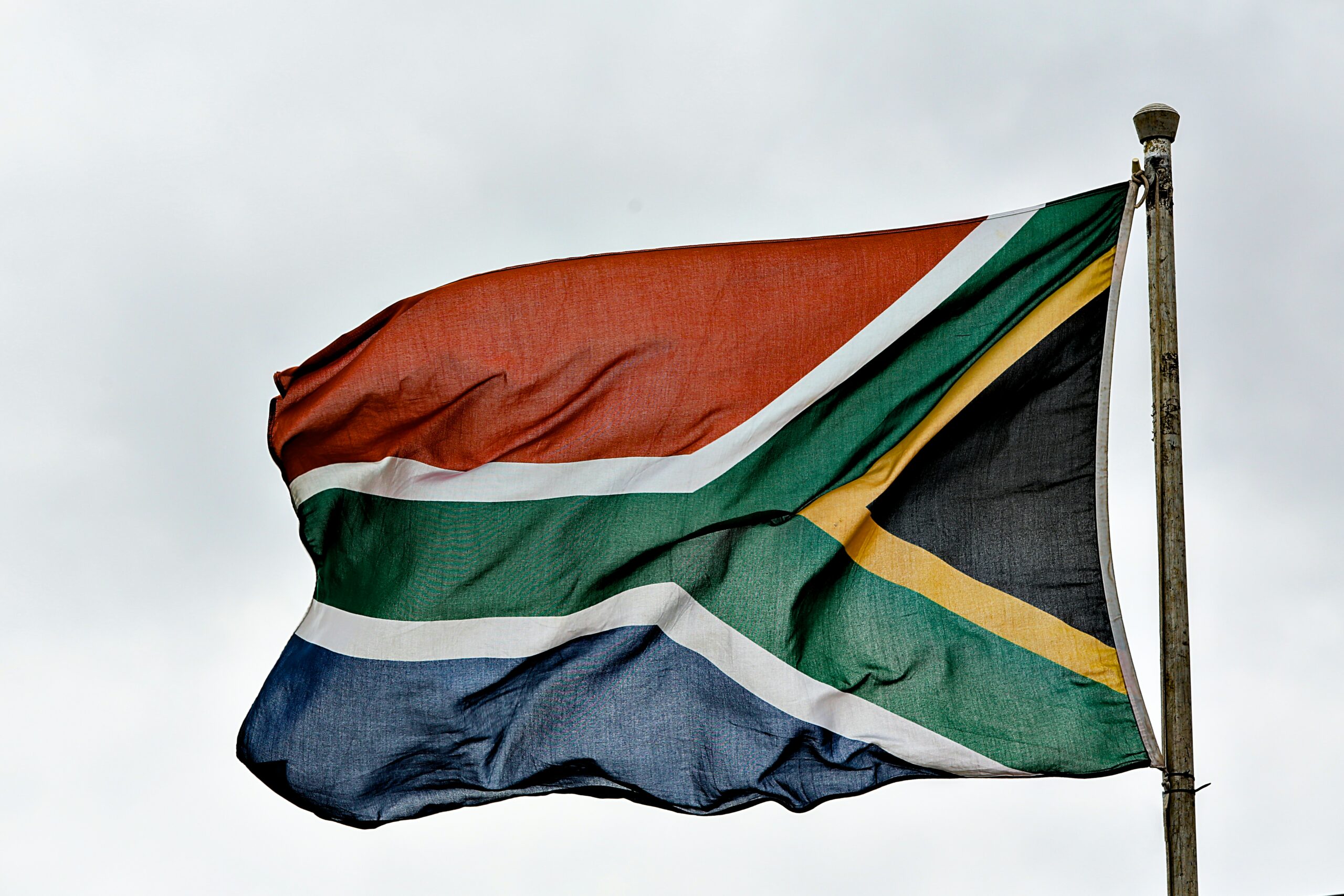
In a significant move to address longstanding socio-economic challenges, South Africa has initiated a national dialogue process, as announced by President Cyril Ramaphosa. This initiative, coming three decades after the dismantling of apartheid, seeks to involve citizens from diverse backgrounds in shaping the country’s democratic future.
Key Facts
- President Cyril Ramaphosa has launched a national dialogue to address major issues such as crime, corruption, poverty, and inequality.
- The dialogue is described as citizen-led, aiming to engage South Africans from all walks of life.
- The initiative marks a crucial phase in South Africa’s journey of democracy three decades post-apartheid.
Background
The African National Congress (ANC), the ruling party since the end of apartheid, has faced criticism for not effectively dealing with the issues of crime, corruption, and economic disparity. The national dialogue spearheaded by President Ramaphosa represents an effort to create a platform where solutions can be openly discussed and formulated by the citizenry themselves.
Official Reactions and Criticism
While the national dialogue has been welcomed by many as a step forward in reinvigorating South Africa’s democratic processes, there are critics who argue that the ANC has had ample time to address these issues and question the efficacy of such dialogues. Critics from within and outside the party suggest that the dialogue might be too little, too late.
What’s Next
The outcomes of the national dialogue could play a pivotal role in determining the next chapter of South African politics. It remains to be seen how these discussions will address the deep-seated issues within the ANC and the broader societal challenges. The engagement level of the citizenry and the implementation of the dialogue’s resolutions will be critical in assessing its success.
Expert Insights
Experts like Lindiwe Zulu, a member of the National Executive Committee of the ANC, Imraan Buccus, a senior research associate at the Auwal Socio-Economic Research Institute, and William Gumede, an associate professor at the University of the Witwatersrand’s School of Governance, have been invited to share their perspectives on the potential impact of the national dialogue on South African society and politics.
Conclusion
The national dialogue in South Africa represents a hopeful yet contentious approach to resolving the multifaceted challenges that have plagued the nation since the end of apartheid. As the country watches this process unfold, the effectiveness of this citizen-led initiative in bringing about real change remains under scrutiny.